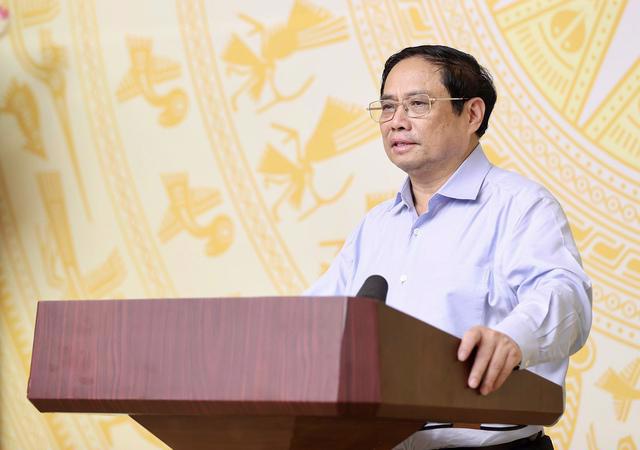Vietnam’s digital transformation process posted positive results in the first half of 2022, according to data from the Ministry of Information and Communications (MoIC).
All 35 national digital platforms have been completed and put into use, while all 63 cities and provinces have implemented at least one digital platform, all enterprises have used electronic invoices, and the number digital technology businesses stands at 67,300, an increase of 3,500 compared to December 2021, the MoIC reported to Prime Minister Pham Minh Chinh at the meeting.
MoIC has also coordinated with ministries and agencies to direct the development, evaluation, and announcement of 50 digital platforms, of which 18 are for digital government, 16 are for the digital economy, and 16 are for the digital society.
In the first half of 2022, cyberinformation security revenue reached VND1.418 trillion ($60.67 million), up 48.8 per cent over the same period of 2021. The proportion of added value from the digital economy in GDP as at the end of the first half was estimated at 10.41 per cent. In 2021 it was estimated at 9.6 per cent, while the target by 2025 is 20 per cent.
Digital transformation is a major policy and orientation of the Party and State, a task that must be regularly and continuously monitored, evaluated, and directed closely and drastically, Prime Minister Chinh told the meeting.
He also directed the National Committee on Digital Transformation to direct and organize the implementation of guidelines, mechanisms, and policies to promote the process of national digital transformation associated with administrative reform; build and develop e-government, digital government, the digital economy, digital society, and smart cities; and facilitate the implementation of Industry 4.0 in Vietnam.









 Google translate
Google translate